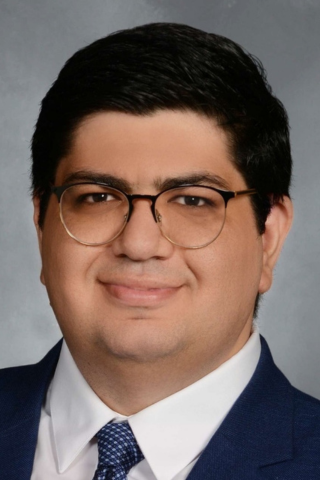The overarching goal of the Gabr Lab is to develop new tools for the discovery and development of small molecules that can monitor and/or modulate the human immune response to cancer. The lab's research is focused on the following broad and fundamental questions: (1) Are small molecules and immunotherapy compatible? (2) What are the most efficient tools to identify small molecule immunomodulators with potential for clinical translation? Current projects are broadly broken down into three main areas: (1) Targeting the interaction between cancer cells and immune checkpoints expressed on immune cells. (2) Harnessing gut microbial metabolism to modulate host’s immune response to cancer. (3) Development of new tools to control the biogenesis of microRNAs (miRNAs) implicated in modulating the immune system.
Associated Lab Members

Dr. Gabr completed his undergraduate studies in pharmaceutical sciences at Mansoura University. As an undergraduate student, he pursued research internships at the Complutense University of Madrid and the Chinese Academy of Sciences. After earning his master’s degree in medicinal chemistry and drug design in a joint program between Georgia State University and Mansoura University, he earned his Ph.D. in chemistry from the University of Iowa. His Ph.D. work focused on developing fluorescence-based theranostics for cancer and neurological disorders. Dr. Gabr completed his postdoctoral studies in the Gambhir lab at Stanford University where his work focused on developing small molecule immunomodulators as well as carbohydrate-based positron emission tomography (PET) tracer for molecular imaging of early bacterial infections.
The lab applies an interdisciplinary approach that includes chemical biology, immunopharmacology, molecular imaging, structural biology, medicinal chemistry, and screening technologies.
Negative immune checkpoints are regulators of the human immune system that hinder the ability of T cells to attack cancer cells. There are currently no small molecules clinically approved as immune checkpoint inhibitors for cancer immunotherapy. This project aims to validate new lead identification strategies to develop small molecules that can...